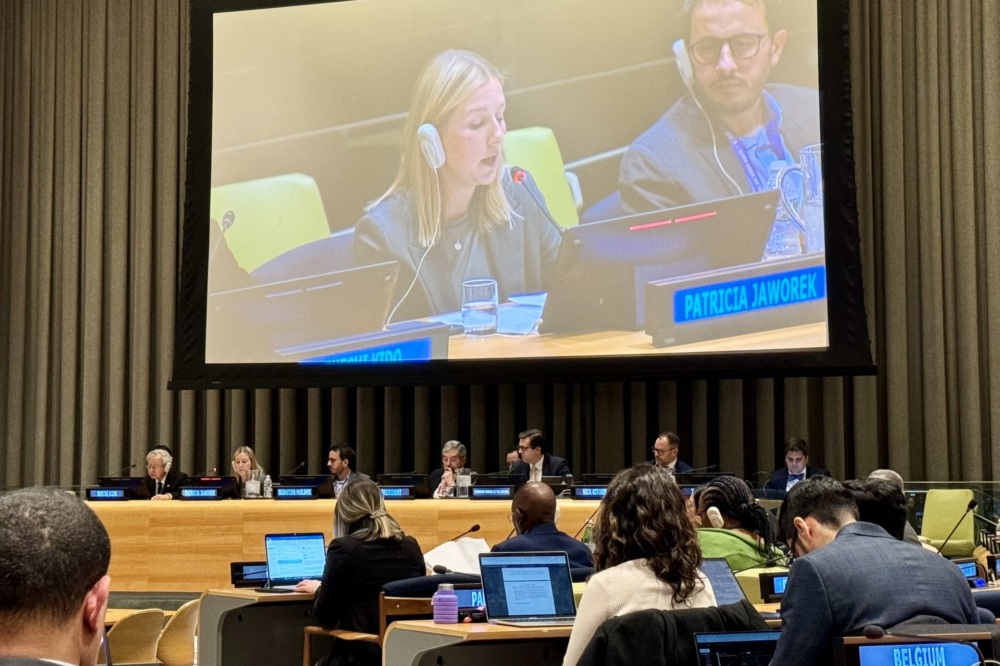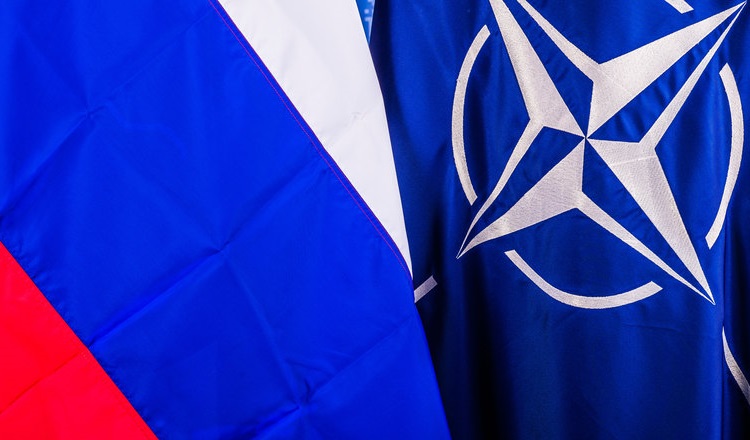With relations between Russia and the West deteriorating and
becoming more dangerous every day, former British Defense Secretary Des Browne,
former German Ambassador to the United States Wolfgang Ischinger, former
Russian Foreign Minister Igor Ivanov, and former US Senator Sam Nunn have
written a letter to Presidents Donald Trump and Vladimir Putin urging the two
leaders to use the July 7-8 G20 meeting in Hamburg, Germany, to work together
on areas of existential common interest, chief among them reducing nuclear and
other military risks and preventing catastrophic terrorist attacks.
Browne, Ischinger, Ivanov and
Nunn recommend four urgent steps that can be taken now to “stop the downward
spiral in relations and reduce real dangers,” including: a new Presidential Joint Declaration
declaring that a nuclear war cannot be won and must never be fought; a new
NATO-Russia Military Crisis Management Group; a new joint initiative to prevent
terrorists from acquiring weapons of mass destruction; and discussions on cyber
dangers related to strategic warning systems and nuclear command and
control. The letter is being publicly
released Tuesday, June 27, in Moscow, Europe and Washington.
Since
its release, the letter has received global attention. It was recommended in a Washington Post editorial, and the
subject of Senator Nunn’s recent appearance on
“Andrea Mitchell Reports” (MSNBC). An
article by the TASS Russian News Agency indicated Moscow’s interest in the
recommendations. The letter was also featured in Corriere della Sera (Italy), Der Standard (Austria), and Globo (Brazil), among other
publications.
The President The
President
The White House The
Kremlin
Washington, DC 20500 Moscow, Russia
Dear President Putin and President Trump,
The chasm between Russia and the West appears to be wider
now than at any point since the Cold War. In the absence of new initiatives, the knot of
distrust is being tightened, choking off the ability of governments to discuss,
let alone advance, steps essential for improving the security of all people
living in the Euro-Atlantic region.
Your first meeting in Hamburg will be a unique opportunity
to underscore that, despite significant differences, the United States, Russia,
and Europe can and must work together on areas of existential common interest
— chief among them reducing nuclear and other military risks, and
preventing catastrophic terrorist attacks.
The starting point could be a new Presidential Joint
Declaration by the United States and the Russian Federation declaring that a
nuclear war cannot be won and must never be fought. This would make clear again that leaders
recognize their responsibility to work together to prevent nuclear catastrophe,
and would be positively received by global leaders and publics.
A second step could be to increase military-to-military
communication through a new NATO-Russia Military Crisis Management Group. Restarting bilateral military-to-military
dialogue between the United States and Russia, essential throughout the Cold
War, should be an immediate and urgent priority. The focus of these initiatives should be on
reducing risks of a catastrophic mistake or accident by restoring communication
and increasing transparency and trust.
A third step could be to collaborate to prevent ISIS and other terrorist groups from acquiring
nuclear and radiological materials through a joint initiative to prevent
WMD terrorism. There is an urgent need to cooperate on securing vulnerable
radioactive materials that could be used to produce a “dirty bomb.” Such materials are widely available in more
than 150 countries and are often found in facilities, such as hospitals and universities,
that are poorly secured.
Fourth, discussions are imperative for reaching at least
informal understandings on cyber dangers related to interference in strategic
warning systems and nuclear command and control. This should be urgently addressed to prevent
war by mistake. That there are no clear
“rules of the road” in the strategic nuclear cyber world is alarming.
Russia, the United States, and Europe are confronting a
range of significant issues today. But
none should distract from urgently pursuing practical steps now that can stop
the downward spiral in relations and reduce real dangers. The steps we have identified here are a good
place to begin. We respectfully urge you
to start now in Hamburg.
Des Browne, a former
British defense secretary, is Chair of the European Leadership Network
Wolfgang Ischinger,
former German Ambassador to the United States, is Chairman of the Munich
Security Conference and Professor for Security Policy and Diplomatic Practice
at the Hertie School of Governance in Berlin
Igor
S. Ivanov, former Russian Foreign
Minister and Secretary of the Security Council of the Russian Federation from
2004 to 2007, is President of the Russian International Affairs Council
Sam Nunn, a former US senator and chairman of the Senate
Armed Services Committee, is Co-Chairman of the Nuclear Threat Initiative





